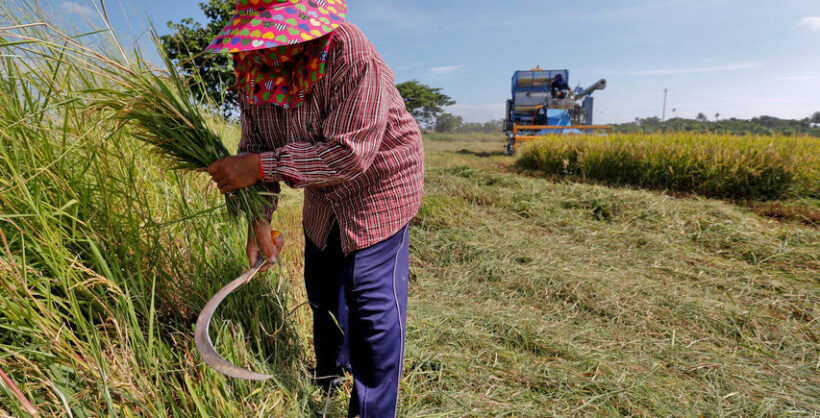Worst drought in 40 years means tough times for Thais

The lowest rainfall ever recorded in Thailand was in 1979. Now, Thailand’s Meteorological Department is forecasting an even worse drought and dry season saying it will last until May 2020. Forty-three provinces in the north, northeast, and central regions will be the most affected. Some are already in the grip of critical water shortages with farmers being asked to swap their crops or delay plantings for the season.
Kornrawee Sitthichivapak, the TMD’s deputy director-general for operations, says the worst period will be January and February, as water reserves fall and the situations worsens.
“There is unlikely to be any rain until the beginning of the rainy season in May, and high temperatures brought on by the climate condition known as El Nino will prevail.”
Even in the tourist island of Phuket, where 84% of the economy relies on tourism, the three main catchments are either a lot lower than in the past or, in the case of Manik Dam in Srisoontorn, completely empty.
The TMD predicts 2020 is likely to be worse than 1995 and 2015/2016, when water needed to be drawn up from aquifers. Residents in Bangkok and surrounding areas were affected and competed for meagre water resources. Roads cracked, riverbanks collapsed and saltwater seeped into the groundwater in Pathum Thani province, affecting the local tap water supply.
Thailand commonly suffers from both drought and flood. But as demands on agriculture grow, along with population, tourism and development, the effects of these extremes become more evident and critical. Critics say the outlook of scarce rains for 2020 exposes the poor management of the Kingdom’s water resources with the government perpetually locked into historic and ineffective practices that haven’t kept pace with modern agriculture.
The long dry season is expected to produce lower farm outputs and push up prices, even as overall farm income declines due to the drought. This will affect the purchasing power of farm households, which account for one third of Thais. The fallout is also likely to fuel further political unrest with the strong northern and north-eastern opposition sentiment being mainly agricultural communities.
SOURCE: The Nation
Latest Thailand News
Follow The Thaiger on Google News:


























